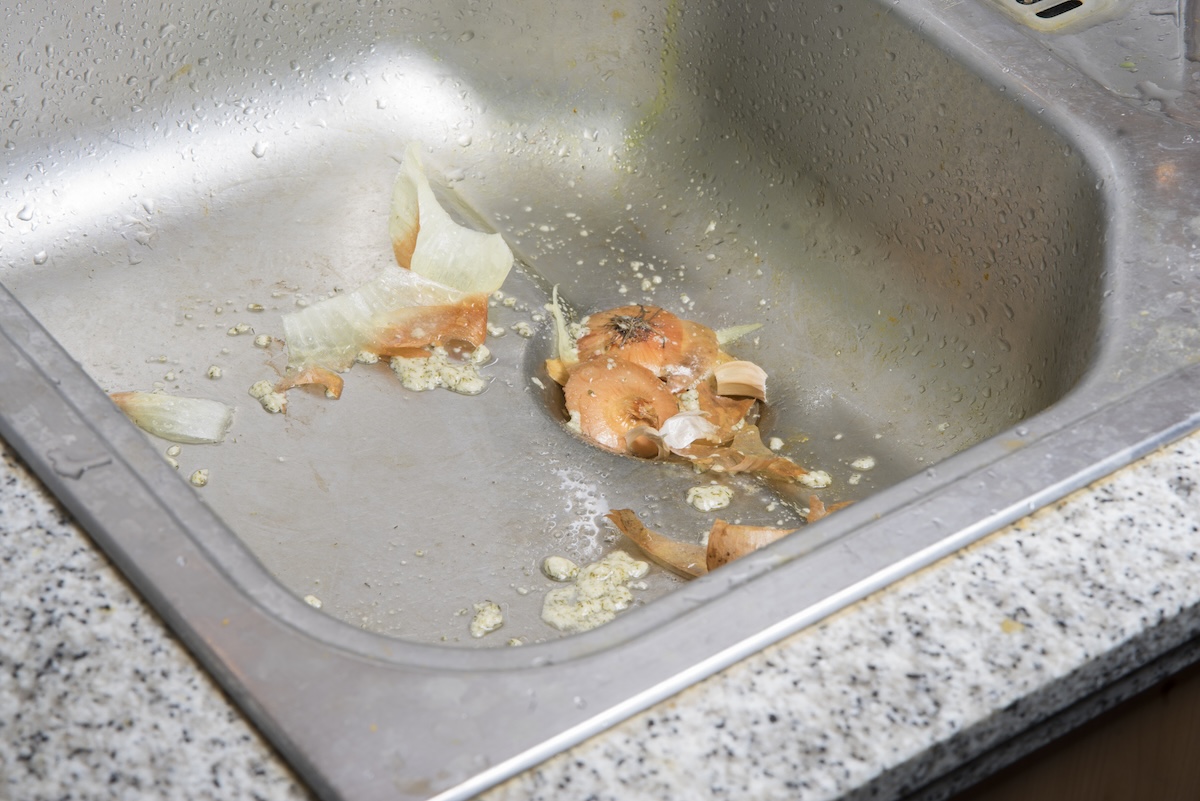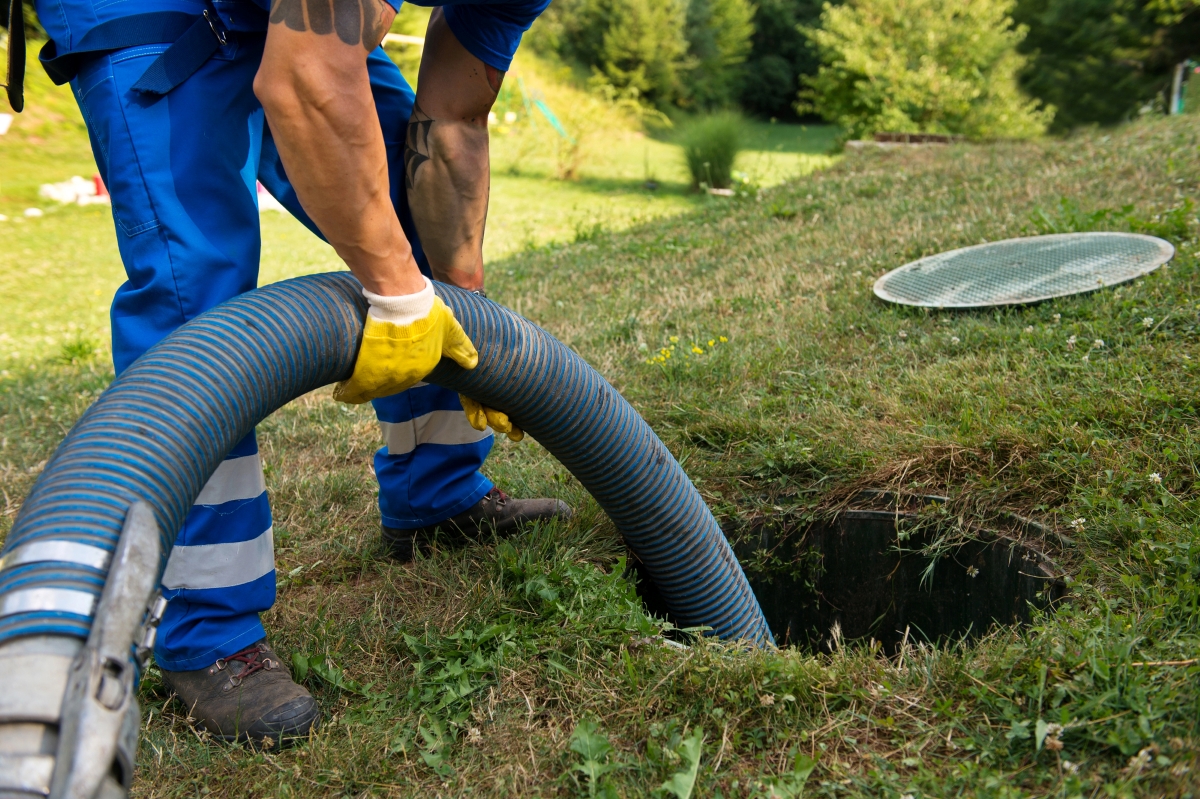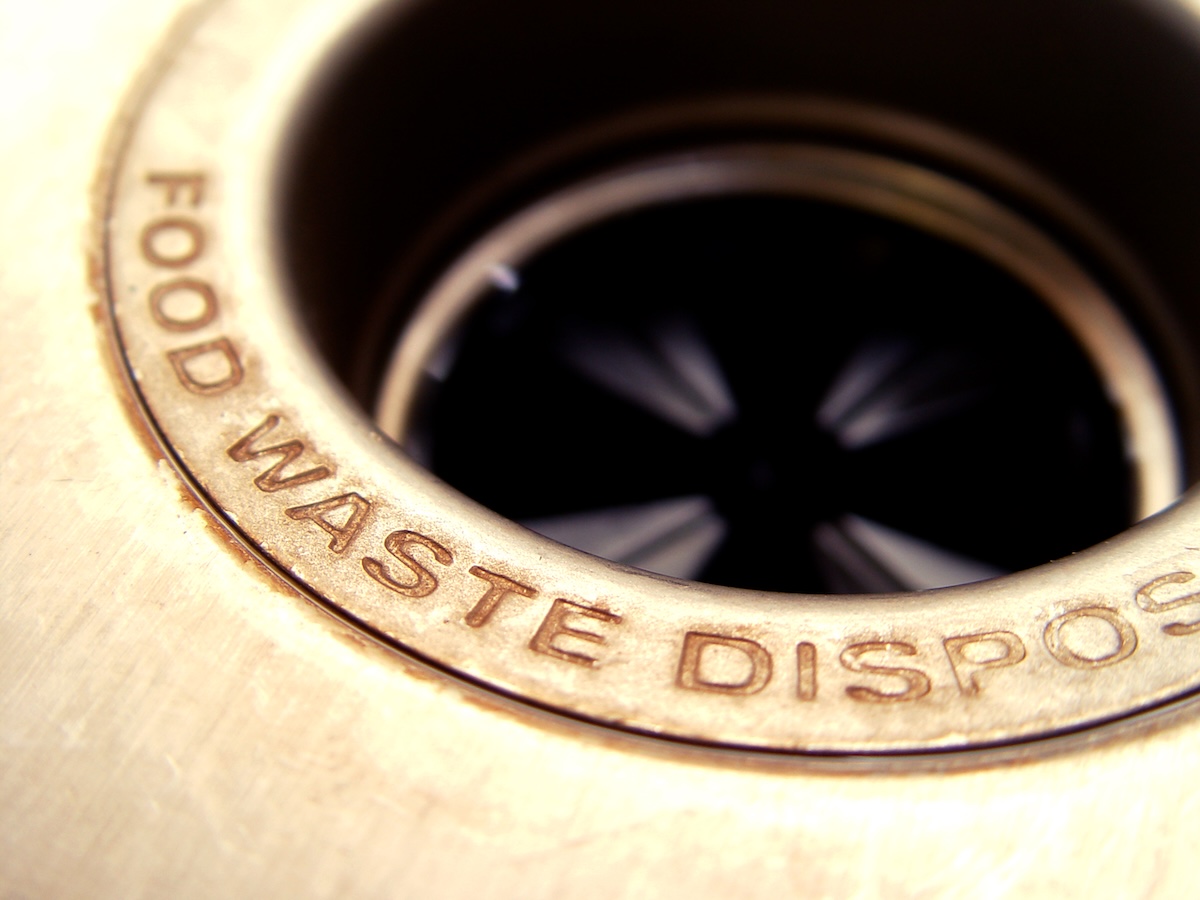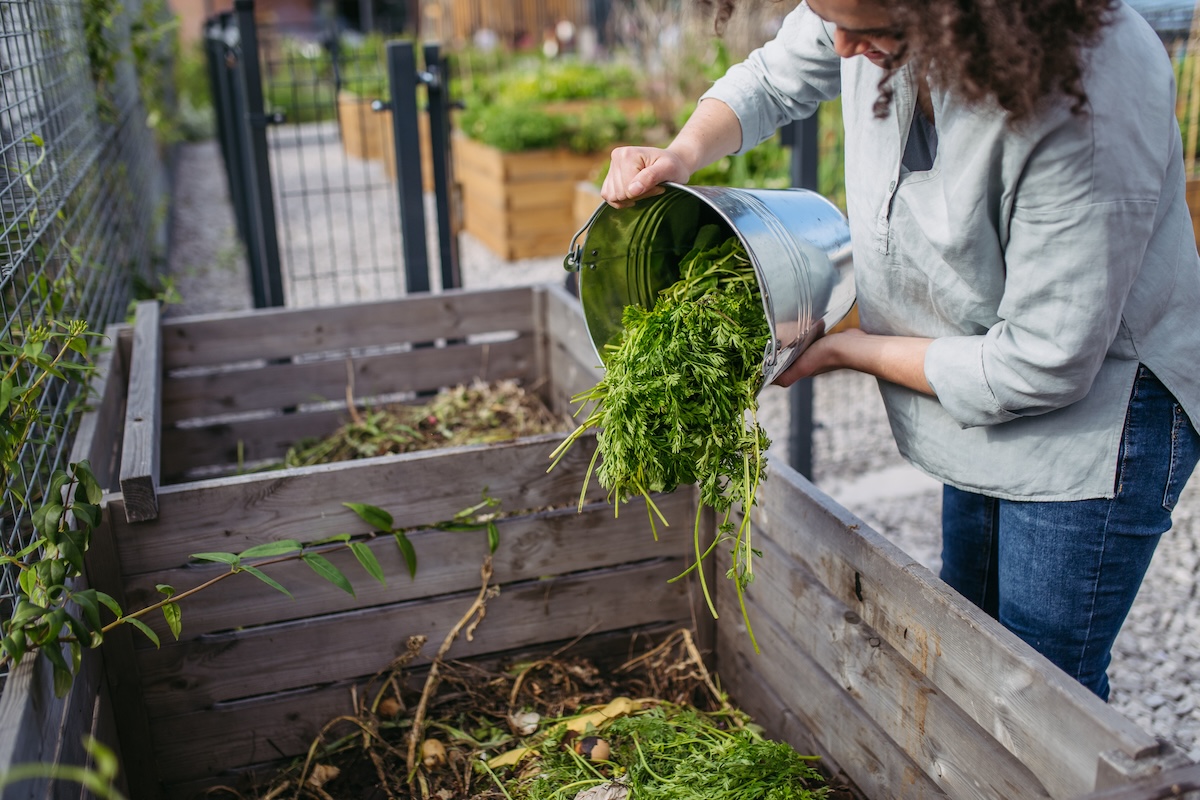

We may earn revenue from the products available on this page and participate in affiliate programs. Learn More ›
Septic tank waste disposal systems have a delicate equilibrium that helps to break down solid waste, while releasing effluent into the drain field soil where the natural filtration processes remove pathogens and other contaminants. However, to keep a septic system operating properly, homeowners need to remain vigilant with their septic tank waste management.
Using a garbage disposal with a septic system increases the amount of solid waste entering the tank, which can have a negative impact on the septic system. However, this doesn’t immediately eliminate the option of having a septic tank garbage disposal unit. If you are thinking about adding a food disposal with a septic system, use this guide to discover the answer to the question: Can you have a garbage disposal with a septic tank?

Yes, you can have a garbage disposal with a septic tank, but…
Garbage disposals can help break down and dispose of food waste, reducing the risk of needing drain cleaning services, but installing a garbage disposal with a septic tank may increase how often you should get your septic tank pumped. This is because garbage disposals tend to add to the solid waste collected in the septic tank.
Igor Bystrika, master plumber and owner of RX-Plumbing & Drain in Forsyth County, Georgia, elaborates: “You can definitely have a garbage disposal with a septic tank, but it comes with some caveats. While it’s technically possible and will operate just fine, it’s not always ideal for every septic system or every homeowner.
“Here’s what I mean: garbage disposals increase the amount of solid waste entering the tank, which can then overwhelm the natural bacterial breakdown process and lead to the need of more frequent maintenance. However, with the right precautions and system capacity, a garbage disposal can work out great.”
Use these best practices for operating a garbage disposal with a septic system
Unless you have a surplus budget you want to waste on frequent septic tank pumping costs and to keep fixing a garbage disposal that’s not working properly, then it’s advised to stick to a few best practices to reduce the strain on the septic system and disposal.
- Limit usage: Use the garbage disposal sparingly for small food scraps, instead of attempting to dispose of large volumes of food that could overwhelm the septic system and create a clog, forcing you to learn how to snake a drain.
- Avoid problematic waste: Don’t put fibrous materials like celery or corn husks, starchy foods like rice or pasta, grease, oils, or non-biodegradable items down the disposal.
- Run cold water: Even with the best garbage disposal, it’s recommended to always run cold water while operating the disposal to help solidify any fats or oils, reducing the risk of buildup in the pipes.
- Pump more frequently: If you decide to use the disposal regularly, then it’s a good idea to plan more frequent septic tank pumping appointments. Expect to have the tank pumped about once or twice a year, instead of the standard once every 3 to 5 years.
- Monitor tank health: It’s important to schedule a septic tank inspection annually to check the sludge levels and ensure the drain field isn’t being impacted by the extra solids.
- Use a strainer: Installing a sink strainer will help to catch any larger scraps, making it easier to dispose of them in the trash or compost, reducing the load on the septic system.
- Maintain bacterial balance: Septic systems rely on a balance of bacteria to break down waste. Since many household cleaners can have a negative impact on the health of the septic tank, it’s necessary to pay attention to the type of chemicals that are poured down the drain. Look into septic-safe cleaners and the best septic tank treatments to help maintain bacterial balance in the septic system.

Install a garbage disposal designed to work with a septic system.
One of the best ways to prevent any issues with your septic system while still having the convenience of a garbage disposal is to purchase a specifically made garbage disposal for septic systems. Instead of spending money to cover the cost of a standard garbage disposal, it’s better to invest in a garbage disposal with bacterial additives that will help the septic system.
Bystrika notes that “there are specific garbage disposals engineered with septic systems in mind, and I often recommend these specific types to my customer. Brands offer “septic-safe” models, but look for ones with bacterial additives. Always pair these with a properly sized septic tank, which would typically be at least 1,000 gallons for a household using a disposal.”

Our Recommendation
InSinkErator Garbage Disposal at Amazon for $224.27
This garbage disposal features a bacterial additive system that provides an automatic injection of microorganisms to help break down food waste, making it an ideal choice for homes with a septic system.

Consider a septic tank-friendly garbage disposal alternative: composting.
When it comes to the ongoing health of the septic system, a great alternative to installing a garbage disposal is to compost your household food waste. This method makes it easy to get rid of food waste, without putting undue stress on the septic system or filling up the garbage can.
“Composting is often a better long-term solution for homeowners with septic systems. Garbage disposals add unnecessary stress to the tank, increasing maintenance costs and the risk of system failure. Composting, on the other hand, is eco-friendly and keeps organic waste out of your septic system entirely. This not only reduces the load on your septic tank but also produces nutrient-rich compost for your garden,” explains Bystrika.
